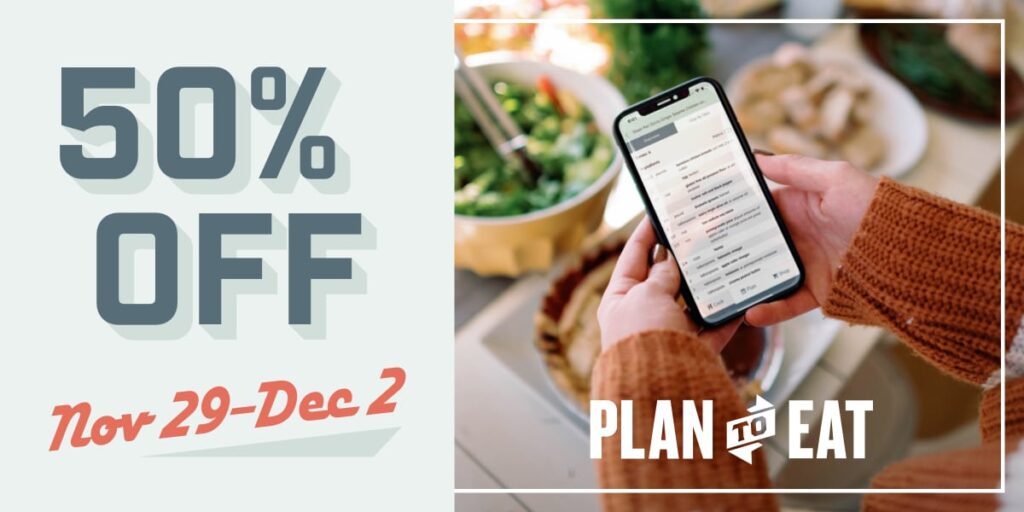So many New Year’s resolutions center around eating less food. Swearing off sugar. Cutting out carbs. Healthwise, the intentions are good. But the all-or-nothing approach is a recipe for feeling like a failure. By February.
As a dietitian, I actually encourage people to resolve to eat more –– namely, to add things in, not take them away. Because getting more of something feels a whole lot better than getting less. And when you eat more of certain things, it naturally leaves less room for the other stuff.

A prime place to start: vegetables.
We all want to eat more vegetables, but sometimes we just don’t. Ever discovered a long-forgotten bag of salad greens or Brussels sprouts in the depths of the crisper drawer? As the joke goes, I wish I was the person I thought I was when I bought all those vegetables two weeks ago.
But the goal is a wise one. Vegetables are full of vitamins, minerals, and disease-fighting compounds that may help ward off conditions like cancer, diabetes, and heart disease. They’re rich in fiber, a nutrient that keeps us full and our systems running smoothly (but which most people get woefully low amounts of). They’re also filling, so they make meals and snacks more satisfying with very few calories.
Eating more vegetables comes down to a little planning and a few strategic moves built into your routine. Here are five that work the best for me. Pick one, two, or more of these each week and you’ll automatically rack up more servings:
- Buy a “snack veggie”. I grab mine when I’m prepping dinner or watching a show. If you’re busy, pick something that’s prepped and ready to grab like baby carrots or pre-washed and pre-trimmed celery sticks or sugar snap peas. Bonus points: Grab a tub or bottle of a dip that sounds delicious. Despite what some people think, dips don’t wipe out the nutritional value of veggies–and may lead you to eat way more veggies than you would otherwise.
- Routinely pick up a bag of spinach with the goal of using it by week’s end. Put that stuff everywhere you can: in scrambled eggs, sandwiches, salads, smoothies, and sauces.
- Make a crudites app platter. Veggie trays aren’t just for parties. Make one weekly and keep it covered in the fridge, then bring it out after work or when you’re making dinner, or circulate it when your kids are clamoring for dinner but it’s still 30 minutes away.
- Add one extra veggie to dinner. If you’re already having broccoli, add a tossed salad. If you plan to serve roast carrots, toss some diced potatoes and bite-sized pieces of bell peppers on the baking sheet too.
- Plan one veggie-centric meal per week. That’s a recipe you can toss a bunch of random veggies into with reckless abandon. In my kitchen, that’s usually a stir-fry or a rice or noodle bowl. Main dish salads with a protein like salmon or chickpeas are great for this too. Make this work for picky eaters by offering everything but letting everyone decide what they put on their plate. Be sure to serve it with a yummy sauce.
Sally Kuzemchak, MS, RD, is a registered dietitian and author who blogs at Real Mom Nutrition, a no-judgement zone about feeding a family. Her personal Achilles heel when it comes to New Year’s resolutions is vowing to drink more water. She always ends the year just as parched as she started it.
Facebook/Instagram/Pinterest: @realmomnutrition





